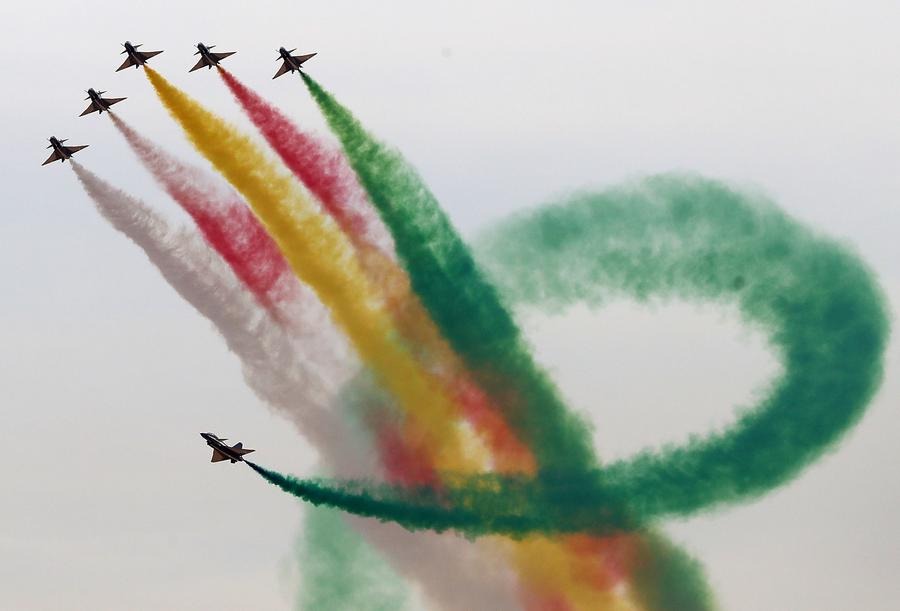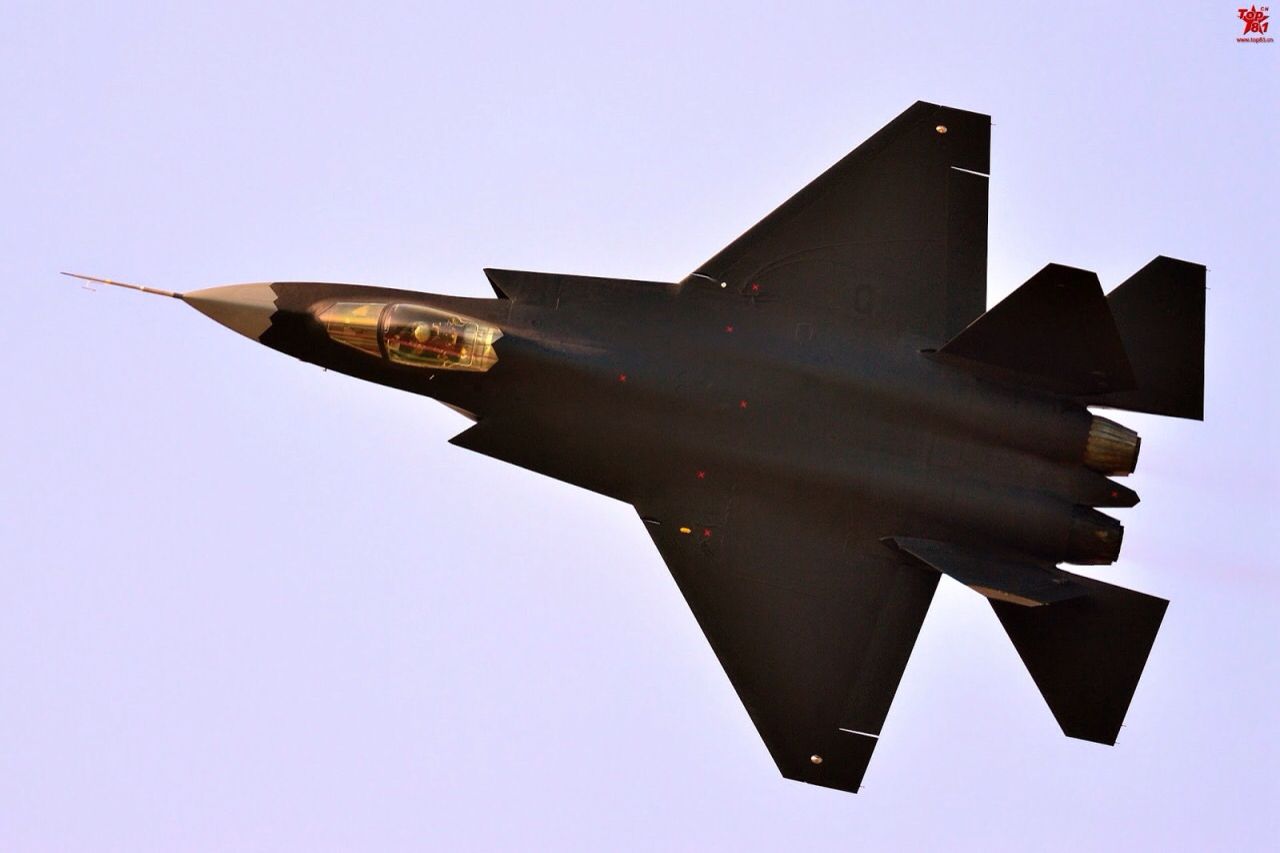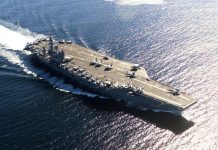In a significant stride towards bolstering bilateral military relations, the Commander of the Egyptian Air Force, Lieutenant General Mahmoud Foaad Abdel Gawad, recently met his Chinese counterpart, Star General Chang Dingqiu, in Beijing.
‘Stolen Tech’ From F-35 & F-22 Raptor, How Powerful Is China’s Newest FC-31 Gyrfalcon Stealth Jet?
The meeting, held at the Chinese side’s invitation, marks a pivotal moment in enhancing strategic cooperation between Egypt and China.
According to an official statement from the Egyptian Armed Forces released on July 16th, the visit underscores Egypt’s commitment to expanding military partnerships with friendly nations.
The discussions held during the visit focused on enhancing collaboration between the air forces of both nations, particularly in areas such as training programs, joint manufacturing ventures, and advanced technology transfers.
During his visit to China, Lieutenant General Mahmoud Foaad Abdel Gawad engaged with several key figures in the Chinese military establishment, including the Chinese Air Force’s deputy chief of staff and high-ranking officials from CATIC (China National Aero-Technology Import & Export Corporation) and NORINCO (China North Industries Corporation).

He also visited Tangshan Air Force Base, where he witnessed a spectacular flying display by Chinese J-10 C fighter aircraft.
A poignant highlight of the visit was the exchange of gestures of goodwill, with General Chang Dingqiu presenting a commemorative shield to Major General Mahmoud Fouad Abdel Gawad against the backdrop of the impressive Chinese stealth fighters, J-20.
While specifics on joint manufacturing and technology transfer were not disclosed, the meeting underscored both countries’ commitment to exploring new avenues for collaboration.
The meeting between the Egyptian and Chinese air force commanders signifies a proactive step towards fostering deeper military ties. It reflects a shared commitment to mutual security interests and strategic collaboration in the region.
Egypt’s Potential Interest in Chinese Fighter Jets
Egypt and China have maintained a strong and longstanding defense relationship, marked by significant arms deals and joint production efforts over several decades. This strategic partnership began to take shape following Egypt’s substantial losses in the Yom Kippur War and its subsequent divergence from the Soviet Union.
In 1975, China and Egypt inked their inaugural weapons agreement, a historic milestone as China’s first foray into arms sales in the Middle East. The deal primarily centered on the acquisition of Xi’an H-6 bombers, setting the stage for a series of subsequent arms transactions.
Throughout the 1980s, Egypt expanded its military arsenal with a diverse array of Chinese hardware, including submarines, destroyers, missile boats, and aircraft like the F-7B and J-6 jet fighters, the latter of which were assembled locally in Egypt.
Moving into the 2000s and beyond, Egypt has increasingly turned to China for advanced aircraft, particularly in the context of combating threats like the Islamic State in the Sinai Peninsula.
This period saw Egypt procure a variety of sophisticated unmanned aerial vehicles (UAVs), such as the CH4B and Wing Loong 1. It also initiated local production of the ASN-209 reconnaissance UAV and assembled significant numbers of K-8 Karakorum training aircraft domestically.

Now, against the backdrop of geopolitical shifts and global arms trade dynamics, Egypt is eyeing China as a pivotal supplier amidst constraints on traditional sources like Russia due to ongoing conflicts.
In 2023, reports surfaced detailing Egypt’s negotiations with China for the acquisition of the Chengdu J-10C multirole fighter.
Representatives from China’s Chengdu Aircraft Industry Group even reportedly met the Egyptian officials to highlight the J-10C’s latest upgrades, which include advanced electronic warfare capabilities and an active electronically scanned array (AESA) radar system.
In addition to this, in 2021, Beijing showcased its JF-17 series fighter jets and the L-15 advanced trainer jet at Egypt’s largest international defense expo.
Furthermore, China is aggressively promoting its latest fifth-generation fighter jet, the FC-31, which has garnered attention in the Middle East.

With its development led by the Aviation Industry Corporation of China and China National Aero-Technology Import and Export Corporation (CATIC), the FC-31 presents a potential opportunity for Egypt to enhance its air combat capabilities significantly.
A key attraction for Egypt in considering defense deals with China lies in Beijing’s policy of non-interference and careful assessment of the strategic impact of its exports. Unlike some Western suppliers, China does not impose political conditions on arms deals and ensures that such agreements do not disrupt the regional military balance.
- Contact the author at ashishmichel(at)gmail.com
- Follow EurAsian Times on Google News




